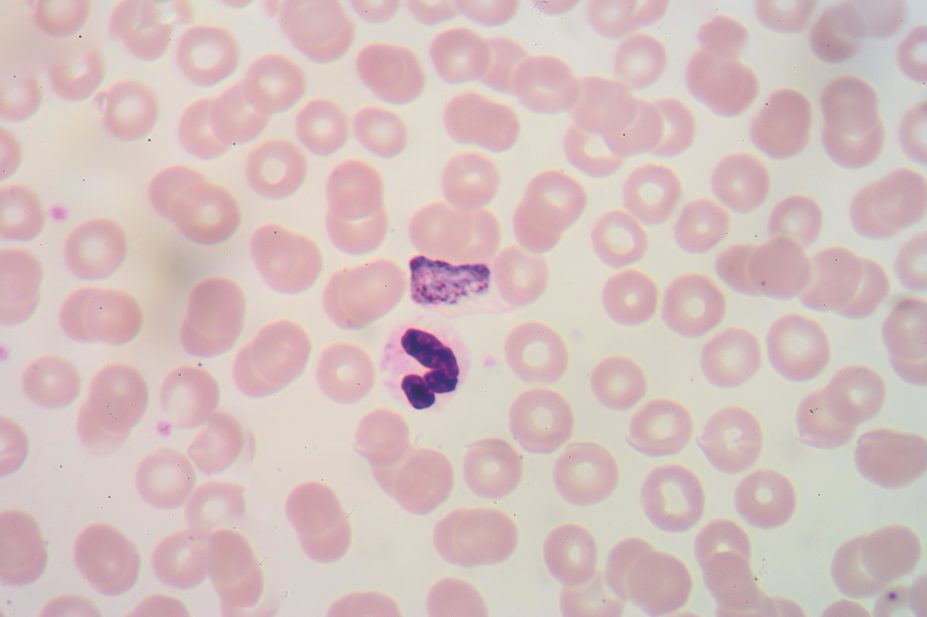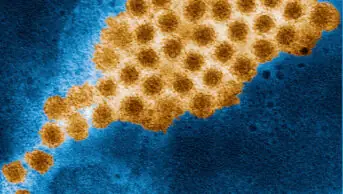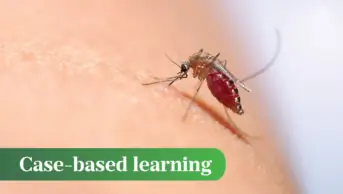
Shutterstock.com
Attempts to develop an effective vaccine against malaria have proved extremely challenging. A recently developed malaria vaccine – RTS,S – only conveyed moderate protection in phase III trials and now US researchers believe they know why.
RTS,S targets a protein on the surface of the malaria-causing parasite Plasmodium falciparum. But this protein has multiple genetic variants and the vaccine only targets one.
By sequencing DNA samples from nearly 5,000 vaccinated children, researchers found that the one-year efficacy was 50.3% against parasites that matched the vaccine compared with just 33.4% when the vaccine and parasite were mismatched.
Writing in The
New England Journal of Medicine (online, 21 October 2015)[1]
, the researchers say the findings show the vaccine’s efficacy therefore depends on the local parasite population. The research should inform the future development of malaria vaccines, as well as other infectious diseases, they add.
References
[1] Neafsey DE, Juraska M, Bedford T et al. Genetic diversity and protective efficacy of the RTS,S/AS01 malaria vaccine. New England Journal of Medicine 2015; doi:10.1056/NEJMoa1505819
You may also be interested in

Everything you need to know about mpox

Norovirus and strategies for infection control
